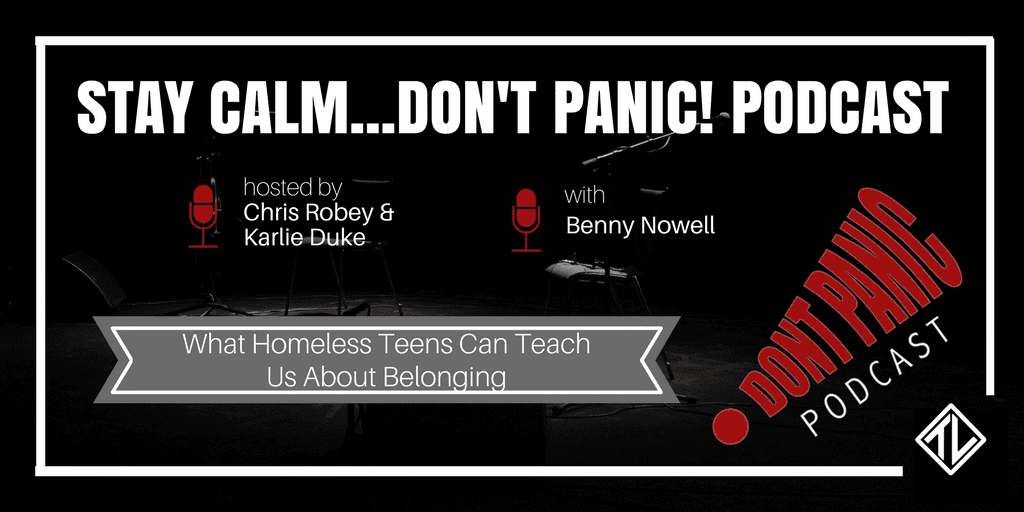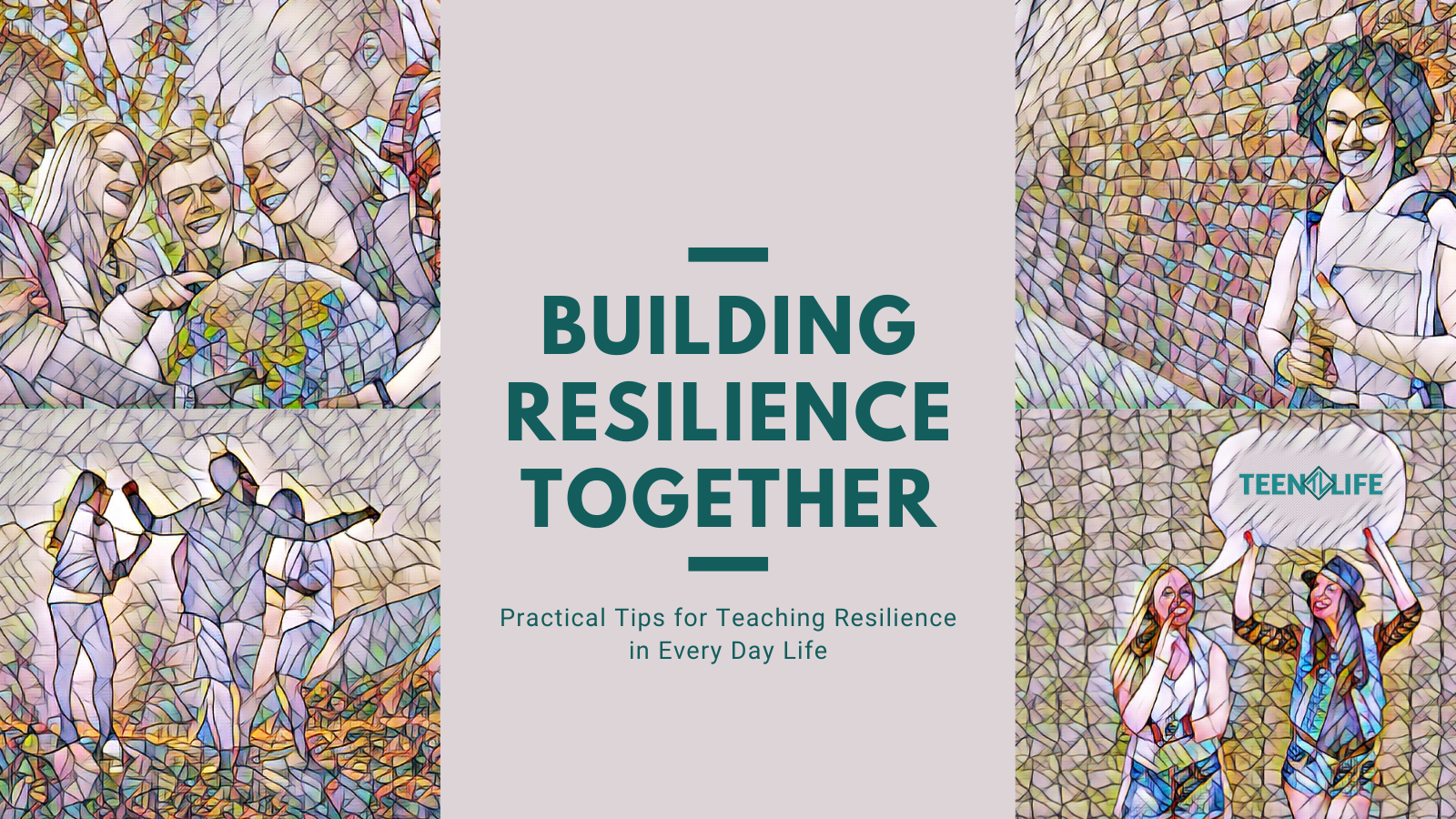
What Homeless Teens Can Teach Us About Belonging
Podcast: Play in new window | Download
Belonging is a driving force for teen behavior.
In this final episode of Season 3 of the Stay Calm, Don’t Panic! Podcast, Chris Robey talks to Benny Nowell of Sevens in Boulder, Colorado about the power of belonging. Through his work with homeless teenagers, Benny has seen the extremes teens will go to find acceptance and belonging and speaks to our role as adults to help teenagers find positive places to belong. Join the conversation and find out how simple words can make a big impact!
Everyone wants to be known, cared for, and loved.
In this episode, Benny Nowell discusses…
- The importance of belonging, especially during adolescence.
- How present, engaged adults can impact a teenager.
Ask yourself…
- Am I present and engaged when interacting with teenagers? How could I be more present?
- Who needs to hear an encouraging word from me today?
Go ask a teen…
- Where do you feel you belong?
- How do you make others feel like they belong? Who could you reach out to?
Resources:
Have a question?


Karlie Duke
Communications Director

Chris Robey
Former CEO

Benny Nowell
Special Guest
Karlie Duke | Director of Communications
Karlie has always had a heart for teenagers. Through her role at Teen Life, she loves to showcase the amazing stories coming out of Support Groups, but she is especially passionate about helping adults and teenagers find connection. Karlie has a BS in Communications with a minor in Family Studies from Abilene Christian University.
Chris Robey | Former CEO
Chris has spent most of his career empowering teenagers from all backgrounds. As the former leader of Teen Life, he is passionate about helping students make good choices while also giving adults the tools they need to communicate more effectively with teens. Chris is a graduate of Midwestern State University and holds a Master’s Degree in Family Life Education from Lubbock Christian University.
Chris Nowell | Special Guest
Benny spends time on the streets building relationships and raising financial support to do SEVENS full-time. He speaks to churches and youth groups about missional living and owns Barlow’s Premium Cigars & Pipes. It is his heart and passion for the marginalized that makes SEVENS a place of rest for their street friends.












